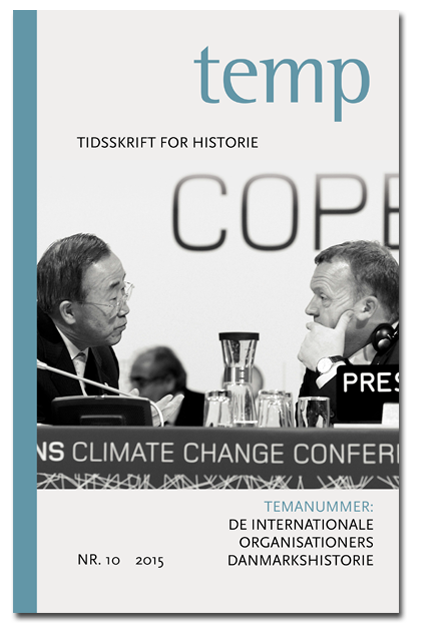Stat og civilsamfund i nye relationer. FN's Børnekonventions historie i Danmark
Nøgleord:
FN, Børnekonvention, menneskerettigheder, det transnationale børnerettighedsmiljø, BørnekomitéenResumé
State and civil society in new relationships – the history of the UN Convention on the Rights of the Child in Denmark
The UN Convention on the Rights of the Child has had a remarkable influence in Denmark over the last 25 years. This was not the case from the start. The government as well as the administration were generally favourable to children’s rights, but perceived them as somewhat irrelevant in a Danish context, where children were thriving. However, gradually it became clear that the Convention had unexpected potential. With the change in family structures during the 1970s and 1980s, greater expectations were vested in the state, in relation to its responsibility to protect vulnerable children. This, moreover, increasingly implied a greater willingness to restrict the rights of parents who were not capable of caring for their offspring. This was the socio-political backdrop against which children’s organizations saw new opportunities to claim certain initiatives from the state. Eventually, politicians, and parts of the administration too, realized that the Convention on the Rights of the Child might be a platform for forming new alliances that could serve their interests as well.
Downloads
Publiceret
Citation/Eksport
Nummer
Sektion
Licens
Copyright temp - tidsskrift for historie og forfatterne.
Artikler publiceret i Temp må citeres, downloades og videresendes for ikke-kommerciel brug, under forudsætning af normal akademisk reference til forfatter(e) samt tidsskrift, årgang, nummer og sider. Artiklerne må kun genudgives med eksplicit tilladelse fra forfatter(e) og tidsskriftet.





